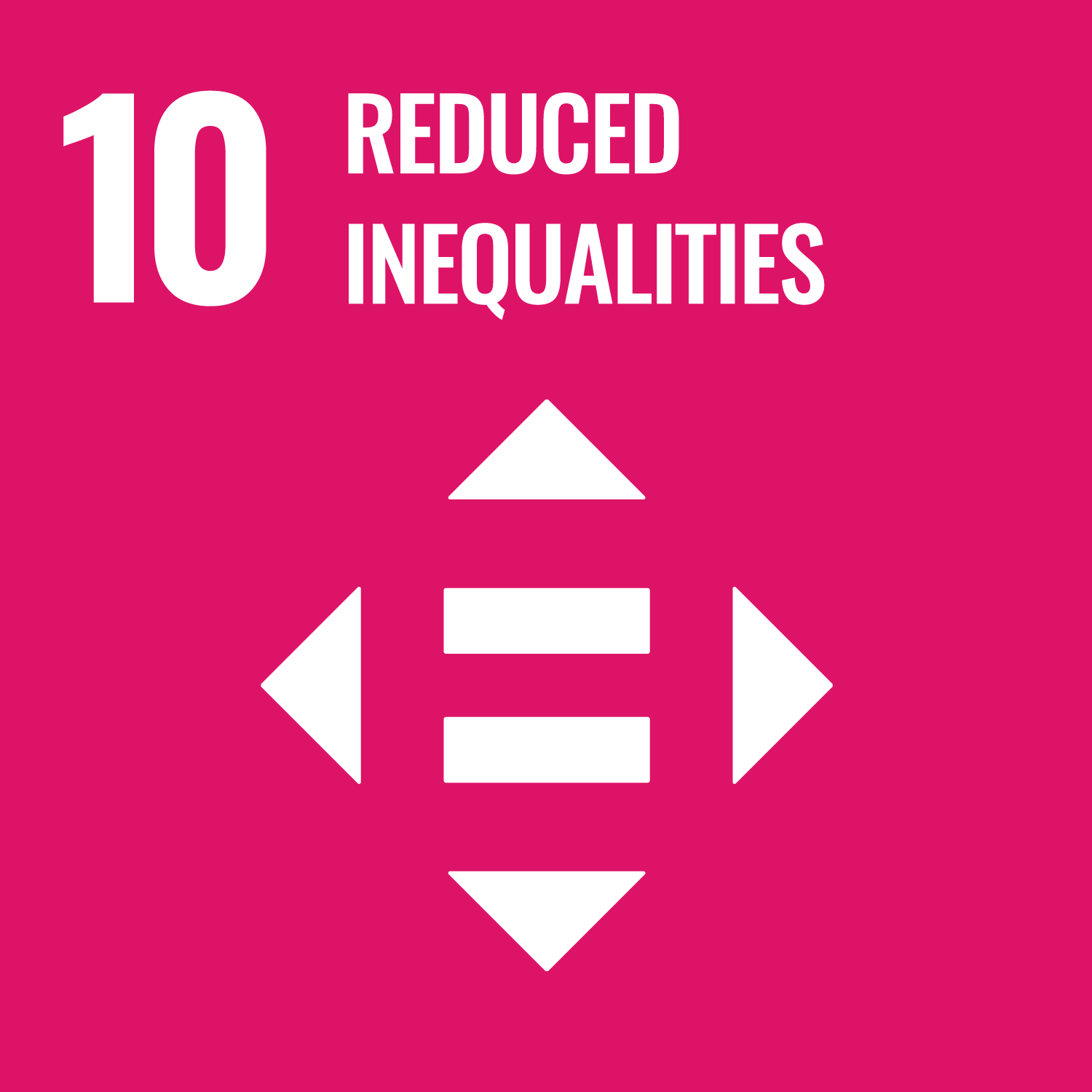ORCID
- Sheena Asthana: 0000-0002-1483-2719
- Alex Gibson: 0000-0003-2761-2819
Abstract
Explanations of the state of 'crisis' in the English National Health Service (NHS) generally focus on the overall level of health care funding rather than the way in which funding is distributed. Describing systematic patterns in the way different areas are experiencing crisis, this paper suggests that NHS organisations in older, rural and particularly coastal areas are more likely to be 'failing' and that this is due to the historic underfunding of such areas. This partly reflects methodological and technical shortcomings in NHS resource allocation formulae. It is also the outcome of a philosophical shift from horizontal (equal access for equal needs) to vertical (unequal access to equalise health outcomes) principles of equity. Insofar as health inequalities are determined by factors well beyond health care, we argue that this is an ineffective approach to addressing health inequalities. Moreover, it sacrifices equity in access to health care by failing to adequately fund the health care needs of older populations. The prioritisation of vertical over horizontal equity also conflicts with public perspectives on the NHS. Against this background, we ask whether the time has come to reassert the moral and philosophical case for the principle of equal access for equal health care need.
DOI Link
Publication Date
2018-08-02
Publication Title
Health Economics, Policy and Law
ISSN
1744-1331
Acceptance Date
2018-06-13
Embargo Period
2018-12-14
Keywords
NHS, horizontal equity, institutionalised ageism, resource allocation, vertical equity
First Page
1
Last Page
17
Recommended Citation
Asthana, S., & Gibson, A. (2018) 'The National Health Service (NHS) in 'crisis': the role played by a shift from horizontal to vertical principles of equity.', Health Economics, Policy and Law, , pp. 1-17. Available at: 10.1017/S1744133118000361



